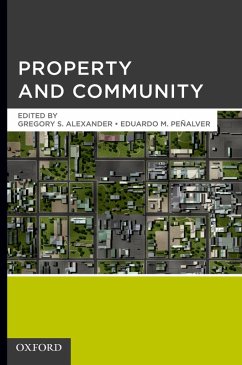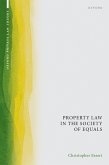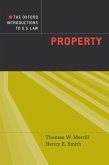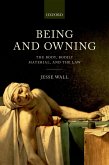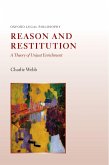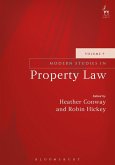Property and Community fills a major gap in the legal literature on property and its relationship to community. The essays included differ from past discussions, including those provided by law-and-economics, by providing richer accounts of community. By and large, prior discussions by property theorists treat communities as agglomerations of individuals and eschew substantive accounts of justice, favoring what Charles Taylor has called ?procedural? conceptions. These perspectives on ownership obscure the possibility that the ?community? might have a moral status that differs from neighboring owners or from non-owning individuals. This book examines a variety of social practices that implicate community in its relationship to property. These practices range from more obvious property-based communities like Israeli kibbutzim to surprising examples such as queues. Aspects of law and community in relationship to legal and social institutions both inside and outside of the United States are discussed. Alexander and Pe?alver seek to mediate the distance between abstract theory and mundane features of daily life to provide a rich, textured treatment of the relationship between law and community. Instead of defining community in abstractly theoretical terms, they approach the subject through the lens of concrete institutions and social practices. In doing so, they not only enrich our empirical understanding of the relationship between property and community but also provide important insights into the concept of community itself.
Dieser Download kann aus rechtlichen Gründen nur mit Rechnungsadresse in A, B, BG, CY, CZ, D, DK, EW, E, FIN, F, GR, HR, H, IRL, I, LT, L, LR, M, NL, PL, P, R, S, SLO, SK ausgeliefert werden.

